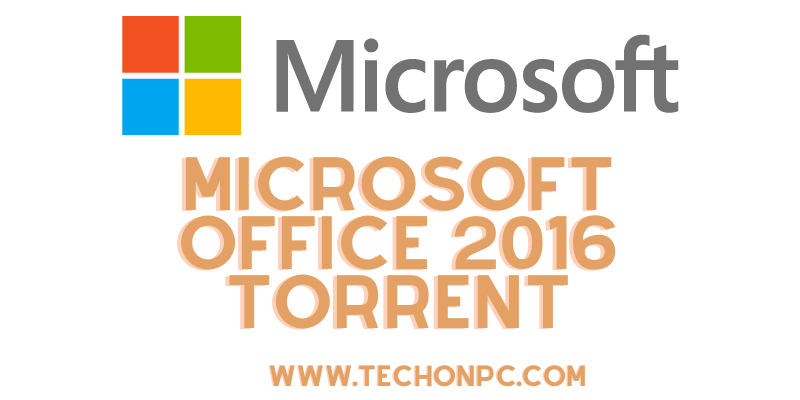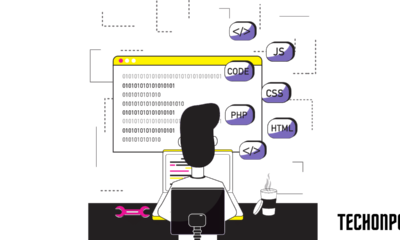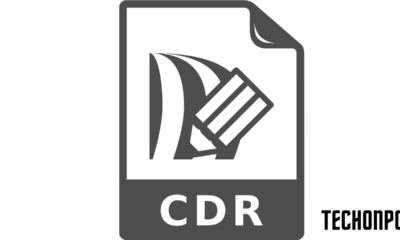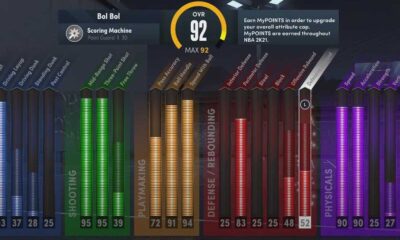Education
In Today’s World, How Is Usenet Utilized To Recover Data?
Published
2 years agoon
By
techonpc
In Today’s World, How Is Usenet Utilized To Recover Data?
Usenet is a global distribution network created in the early 1980s, before email was ever invented. Usenet is a free internet service that allows users to connect with others worldwide and share information. Today, Usenet is more commonly known as a web-based resource that has given birth to a wide range of modern file-sharing services like torrent sites.
Why is Usenet Important?
Modern Usenet is becoming increasingly popular. Many have already heard of it and are using it, while more are discovering its many benefits. This is happening rapidly, and the question to ask here is why?
Usenet offers those involved a means to download and make file sharing very easy. The file can be stored in a newsgroup on an external server with the same functionality provided as that of cloud storage services such as Dropbox.
However, unlike the internet, which is primarily public, Usenet is a distributed system of servers located throughout the world. These servers all run specialized software that allows them to talk to each other and pass messages from one Usenet server. This means Usenet can be used for private communication within a company and public discussions between millions of people.
Usenet was designed as a non-centralized information resource where users could communicate and share content without any central control. Because of this, Usenet allows files to be retrieved simply by searching for them in a text field. It makes finding old software easier because you can use version numbers or file names to search for what you need.
How To Use Usenet for Data Recovery
Many people try to save data from USB drives, SD cards, and other types of devices that can fail. Sooner or later, you will want to store the photos, documents, or other files on your hard drive. And then, one day, a hard disk fails. Or you format an external hard disk or memory card by accident. Or “format” it with a power surge or voltage spike.
With Usenet, files are typically compressed archives containing hundreds or thousands of files. These files have been uploaded to Usenet servers by users. The files are stored on these servers until you download them. A good newsreader will automatically handle the decompression and extraction of these archives, so you don’t have to worry about it.
If you’re looking for ways to recover lost data, many options are available. Perhaps you want to recover deleted files, or perhaps you want to access an old account. Either way, using the best Usenet providers is a great choice.
How to Get Started
To start using Usenet, you will need a few things. First, you will need a free Usenet provider. This service acts as a sort of gateway between your computer and the Usenet network. Think of it as a bridge across the river. Without it, you can’t get to the other side!
Next, you’ll want to download a newsreader app (or use your provider’s web client). This program makes it easy for you to search for and download files from Usenet servers.
It works in two ways: a newsreader and a Usenet provider. The newsreader is how you access the Usenet, and the provider is who hosts the Usenet servers.
How it works:
The newsreader and the Usenet server work together to synchronize files from all of the other users on that server. This means that everyone else has access to it every time someone uploads something.
This system is beneficial for data recovery because articles posted on Usenet stay there forever unless deleted by a server administrator or the user who originally posted them. Some companies keep data around even longer than they are required to due to legal reasons.
Here is how you can use Usenet services to recover data:
Look for Your Information In the Newsgroups
When someone posts a message, it becomes available to everyone. This means that if you are looking for something specific, you may find it within the Usenet newsgroups. If you can’t find the information in one group, try searching another group or multiple groups.
You need to follow these steps:
- Install a Usenet client on your PC if you haven’t done so already. There are several clients available online, enabling you to search for and download files from Usenet.
- Download the desired file(s) from Usenet. The best thing about Usenet is that it is a distributed network. So, even if you don’t have an internet connection, you can still use Usenet.
- Once you’ve downloaded the file, you’ll be able to view its content. However, if you want to save the file locally, you can right-click on the file and select “Save As.”
- After saving the file, you may now proceed to any other step.
- Restore the file from Usenets backup. When you log onto Usenet, you should see the file listed under your account. Click on the link, and it will automatically start downloading.
- Unzip the file. When the file finishes downloading, unzip it to get a folder with the original file’s name.
- Restoring the file is as easy as opening the folder and copying the file over to your hard drive. That’s it. Your file is restored.
Look For A File Posted In The Past
Even if someone doesn’t post their file today, they might have posted it at some point in the past. If so, you’ll be able to see it by browsing through the archives and checking out older posts. You can search by date or scroll through your newsreader until you find whatever you are searching for.
Contact People Directly
If you want specific information and don’t see it posted anywhere else, don’t hesitate to reach out and ask for it! Even if the person isn’t online right now, they may log on later and respond with what you’re looking for.
Wrapping Up
Usenet is a vast resource when it comes to data recovery. However, there are other ways to recover your lost data from a Usenet server. The truth is, if you’re not sure what you’re doing, then don’t do anything without first consulting a professional who can take care of the whole affair.
It may sound like beating a dead horse at this point, but if you want to recover your data and keep the cost to a minimum consider Usenet providers.
Follow Me

Unleashing the Power of the Office Accelerator: Maximizing Productivity and Efficiency in the Workplace with Office 365 Accelerator

Unlocking the Hidden Potential of Your Website: Strategies for Growth

From AI to VR: How Cutting-Edge Tech Is Reshaping Personal Injury Law in Chicago
Trending

 Microsoft4 years ago
Microsoft4 years agoMicrosoft Office 2016 Torrent With Product Keys (Free Download)

 Torrent4 years ago
Torrent4 years agoLes 15 Meilleurs Sites De Téléchargement Direct De Films 2020

 Money4 years ago
Money4 years ago25 Ways To Make Money Online

 Torrent4 years ago
Torrent4 years agoFL Studio 12 Crack Télécharger la version complète fissurée 2020

 Education3 years ago
Education3 years agoSignificado Dos Emojis Usado no WhatsApp

 Technology4 years ago
Technology4 years agoAvantages d’acheter FL Studio 12

 Technology4 years ago
Technology4 years agoDESKRIPSI DAN MANFAAT KURSUS PELATIHAN COREL DRAW

 Education3 years ago
Education3 years agoBest Steph Curry NBA 2K21 Build – How To Make Attribute, Badges and Animation On Steph Curry Build 2K21

You must be logged in to post a comment Login